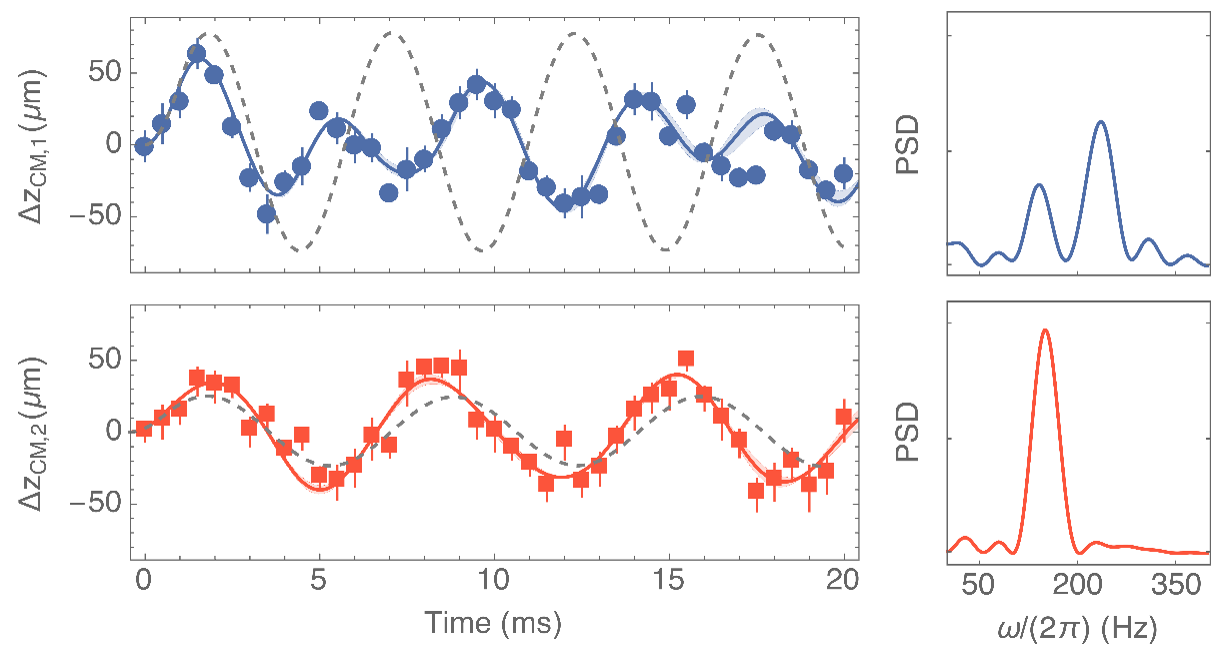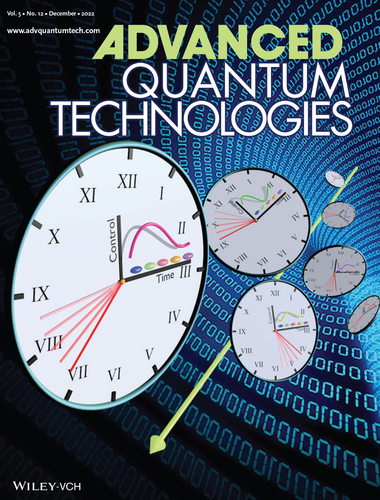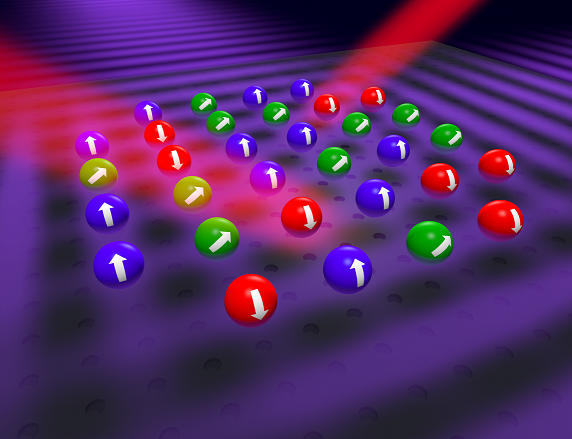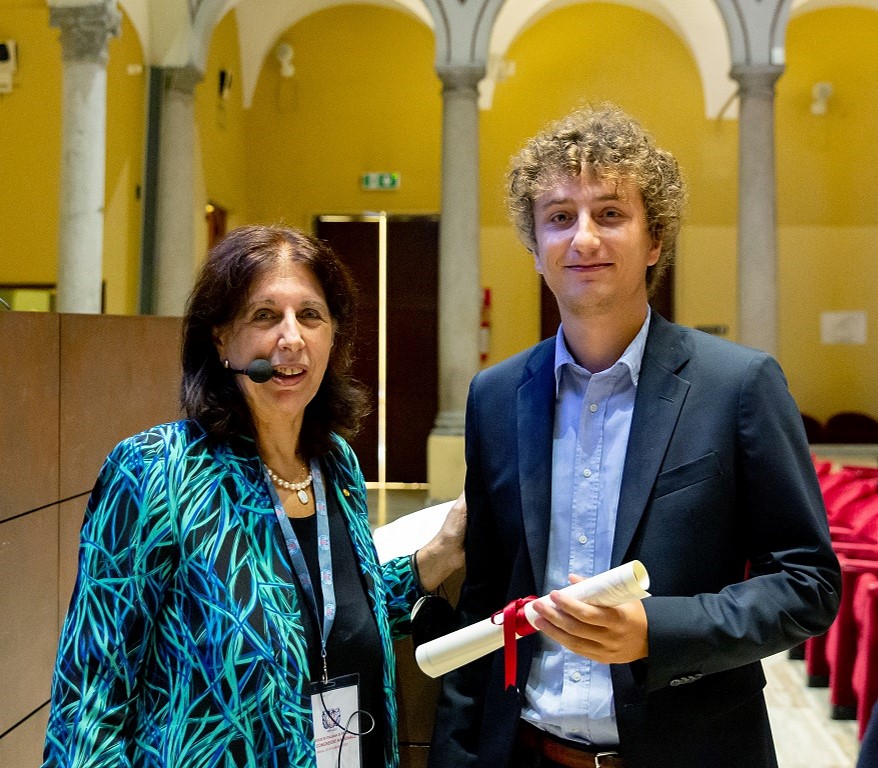 |
We studied the coupled dipole dynamics of a 41K-87Rb bosonic mixture as a function of the interspecies interaction. We measured both the frequency and the composition of the two dipole eigenmodes, from the weakly to the strongly attractive regime. For sufficiently strong interactions, even beyond the mean-field collapse, we found that the two condensates oscillate with the same frequency that depends only on the bare trap frequencies and the total mass of each species. This feature has been tested for a broad range of species population imbalance and has been demonstrated to agree with theoretical predictions. L. Cavicchioli et al. |
LAST NEWS
 |
In this work we experimentally demonstrate that the undo of an operation is possible also in quantum regimes. The last performed operation can be time-reversed via the undo command so as to perfectly restore a condition in which any new operation can be applied by an external user. We exploit the optimal control algorithm based on the dressed chopped random basis method, to perform several time-reversal transformations. We implement this algorithm by applying different levels of complexity, in terms of control, in order to manipulate the forward and backward internal state dynamics of a 87Rb Bose–Einstein condensate within an atom chip. As well as providing a thermodynamic interpretation of our results, in this paper we demonstrate that the quantum undo command can be performed also by time-reversing an operation in a generic instant of the past. The concept of quantum undo can be thus generalized. An external user, indeed, will be able to restore not only the last but also any past step of his complex computational routine. We are confident that our successful results could be applied in the next future on a real gate-based quantum computer. I. Mastroserio, et al., Paper appeared as back cover on Advanced Quantum Technologies 12/2022. |
 |
A large repulsion between particles in a quantum system can lead to their localization, an effect responsible for the Mott insulator phases in strongly correlated materials. In a system with multiple orbitals, an orbital-selective Mott insulator can form, where electrons in some orbitals are predicted to localize while others remain itinerant. Here we demonstrate a more general version of this phenomenon by observing flavour-selective localization in an atom-based quantum simulator. Our experiment realizes Fermi–Hubbard models with an SU(3) symmetry that can be broken using a tunable coupling between flavours. We observe an enhancement of the localization associated with a selective Mott transition and the emergence of flavour-dependent correlations. Our realization of flavour-selective Mott physics demonstrates the potential of cold atoms to simulate interacting multicomponent materials such as superconductors and topological insulators. D. Tusi, et al. |
 |
During the national congress of the Società Italiana di Fisica (SIF), held in Milan from the 12th to the 16th of September, the prize for young graduates in physics, entitled to Giuliano Toraldo di Francia, has been awarded to Giulio Biagioni, PhD student of the Department of Physics and Astronomy of the University of Florence working in the Dy Lab. Giulio's PhD project is focused on the study of the supersolid phase of matter in a dipolar quantum gas. See also the SIF congress webpage |
 |
Our work on orientational melting of ion crystals is now published on Physical Review Letter! We studied the peculiar melting of our 2D crystals: the loss of crystallization along the angular direction and its dependence on particle number and impurities reveals the mesoscopic character of the observed transition. Our work paves the way to studies of thermodynamics of small systems and of quantum rotors. Read more on PRL! L. Duca, et al. |
